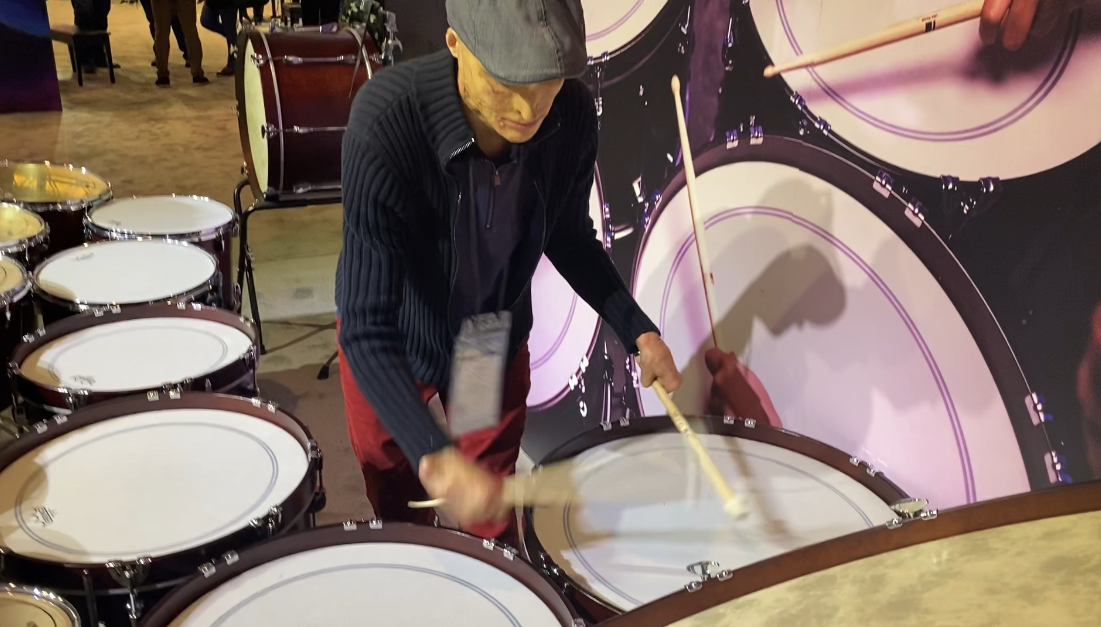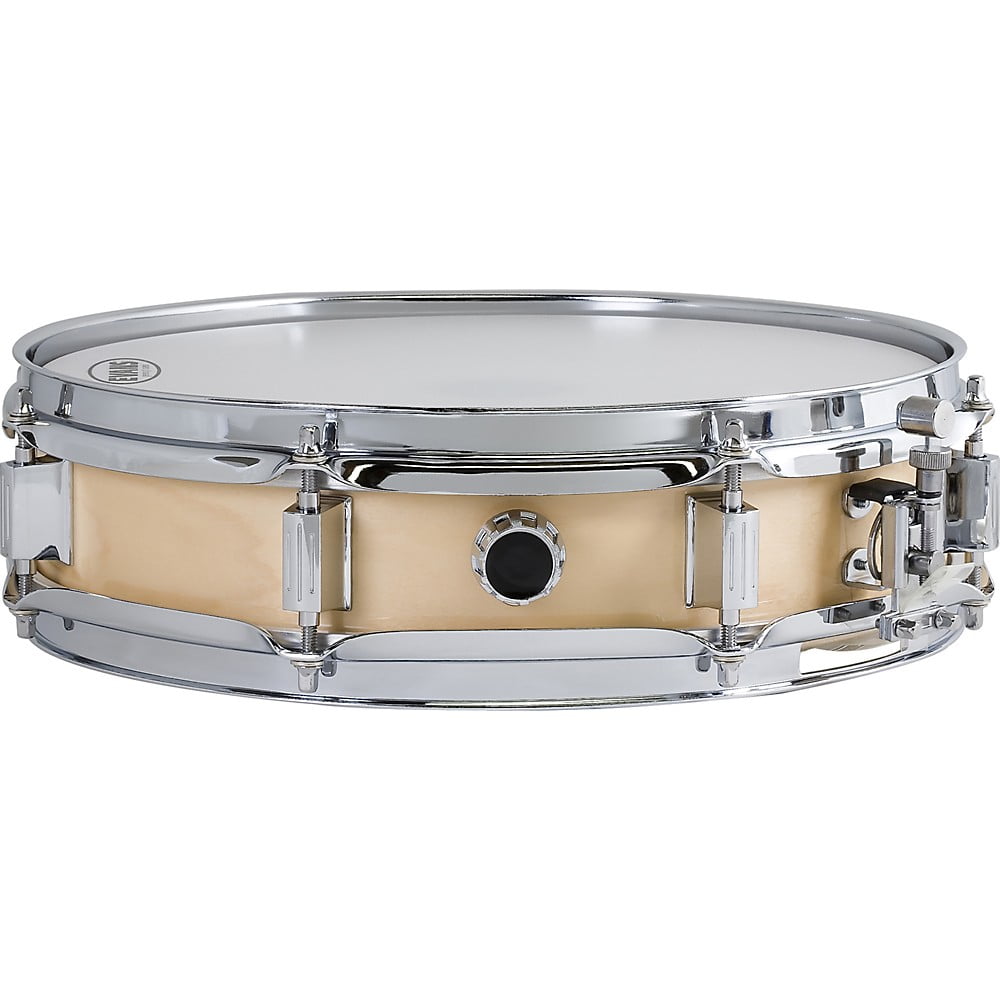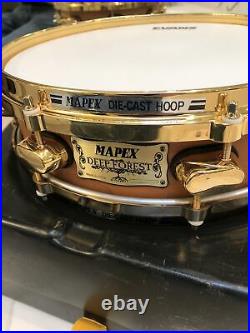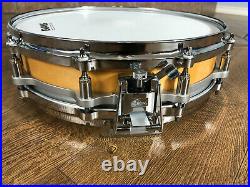

Then Team Entertainment released the official soundtrack for the games and managed to completely and utterly ruin everything.

I hadn't heard from him since, but here he was just like he never left and at least three times as good as he was before.
#Dragon ball z ost snare drums trumpets series#
The most interesting part was that composer Kenji Yamamoto had played an active role in composing the music for Dragon Ball Z games on the Super Famicom, back when the series was all the rage in Japan, and had spawned some excellent arranged albums from the original scores. To be perfectly honest, these were two of the greatest scores I had heard in my life. And just for good measure, some tracks made the funk meter go through the roof with crazy techno rhythms and awesome psychadelic melodies. At other times, it would be an all-out hellfest that gave even the best Guilty Gear piece a run for its money. At times it would just be chugging along, only to be picked up by a series of electronic samples and frantic drumbeats before going into a wonderful climactic interlude. Rather, this was crisp, light rock mixed with techno elements to create some of the most powerfully epic melodies I had heard in a long time. This wasn't heavy metal like the Guilty Gear series. and succeeding! My fetal position quickly adjusted to that of a rabid Dragon Ball Z fanboy about to witness the Cell Games for the first time as I gave the computer my full, undivided attention for the next four hours. Instead of music fit for a bad Genesis game, I was greeted with the sound of an electric guitar attempting to shake the heavens with the power of melody. with brave release, I allowed the sound to enter my ears. From my balled-up position I could hear the echoes of sound waves as the rip for the first Budokai started playing. Upon firing up the game, I braced myself for Faulconer's screechy, whiny synthesized score by balling myself up in a fetal position with my hands firmly covering my ears. Afterall, Dimps was primarily a developer for the Japanese audience (they made the Rumblefish games) and I wasn't sure how Nihonjins would take to Bruce Faulconer's US score for the Dragonball Z series, which was the material I was expecting to be used for the soundtrack. Still, as a game music fan, I was curious how the music was going to be handled. Music can often go under-appreciated in anime series, but when it properly connects with the right material, it's an absolutely transcendent experience.I followed the Dragon Ball series during its mega-popular run in the US and I largely enjoyed it, but by the time the Budokai games were released my interest in the series had gone the way of the Ginyu Force. It's such a significant element that it's not uncommon for an anime's soundtrack to be viewed as its own character.

Updated December 2nd, 2021 by Brittanie Maldonado: Sometimes an anime truly doesn't come alive until music is added to the package. The soundtrack in any given anime is as varied as the depth of the plot and range of its characters, but it can frequently come across as more surprising.

It's undeniable that music in an anime is just as important as the illustrations, plot, direction, and any other creative element. RELATED: 5 Saddest Musical Themes In Neon Genesis Evangelion (& 5 Happiest) Sometimes even the characters in an anime series feel incomplete without the proper music to accompany their actions. An anime wouldn't work without its soundtrack, which can unlock elements behind the action and visuals that were previously never even considered. Take One Pieceand its Thriller Bark arc, for example. Once the anime gets comfortably knee-deep into the plot, "Bings Sake" cheers the audience on with intense passion. Soundtracks are the soul behind an anime.


 0 kommentar(er)
0 kommentar(er)
